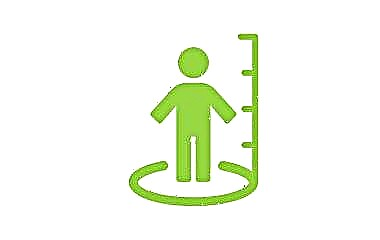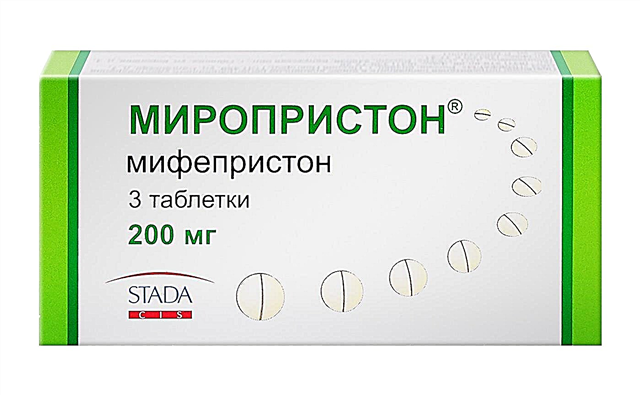Colic occurs in every child. This is a huge problem for mothers who sometimes cannot calm a crying baby for several hours. Mothers and fathers who do not know how many months newborns have colic can be reassured: they will surely pass.

Colic in a baby
Development of the gastrointestinal tract in babies
Colic is not a pathology, but the result of the growth and formation of the digestive tract in babies. This natural phenomenon accompanies the process of maturation of the intestinal microflora of the crumbs.
Immediately after the birth of a baby, beneficial microorganisms begin to be active. The intestines produce enzymes that are necessary for the normal digestion of food. At first, they are clearly not enough for digestion. Because of this, the intestinal motor function is impaired. Therefore, a large amount of gases accumulates in it. Due to the difficulty in passing intestinal gases, the intestines are overstretched. The baby feels at this time severe pains that look like an attack.
When colic goes away
Parents are often interested in how much colic is in infants. As a rule, they last up to 3-4 months, then they pass. Gas accumulation in the intestines peaks at 6 weeks of age.
Causes of colic
Most pediatricians believe that colic in babies is due to the immaturity of the digestive system and nervous regulation. When the gastrointestinal tract begins to adapt to new conditions, the child begins to pass gas on its own, and regular bowel movements are established. In these conditions, colic disappears.
There are such causes of colic in infants:
- Immaturity of the enzyme system of the digestive tract. Food is not completely digested, there is a large amount of gas, due to which the stomach begins to ache.
- Imperfection and immaturity of the intestinal microflora.
- Disorder of the intestinal neuromuscular apparatus.
- Mom, while breastfeeding the baby, consumes a large amount of dairy products. Because of this, the child develops an allergy. Secondary lactase deficiency occurs.
- The baby has an increased sensitivity of the intestinal walls. They signal with sharp pain sensations.
- With artificial feeding, the formula may not be suitable for the baby.
The predisposing factors for the appearance of colic are:
- prematurity;
- feeding with milk formulas;

Artificial feeding
- improper attachment of the baby to the breast (in this case, he swallows a lot of air that accumulates in the stomach);
- overfeeding;
- exposure to adverse external factors (bright light, noise, heat and cold).
How to identify colic
You can determine the presence of colic by the following symptoms:
- The onset of pain attacks in a baby about 2 weeks after delivery.
- The onset of pain in the late afternoon.
- The child squeezes his legs, cries a lot. Even breastfeeding cannot calm him. A crying attack can be during feeding or some time after it.

Crying baby with colic
- On palpation, the baby's tummy is enlarged, quite firm. A sound similar to drumming is heard.
- Between bouts of colic, the child is in normal condition.
- After a chair and a discharge of gas workers, a significant improvement in the condition is noted.
An urgent need to see a doctor if you have any of the following symptoms:
- resumption of pain after passing gas;
- colic duration more than 4 hours;
- the stool becomes liquid, solid, impurities appear in it;
- vomiting or profuse regurgitation is observed after feeding;
- the appearance of diarrhea after colic;
- the appearance of blood in feces, vomit.
Ways to help a newborn
Not knowing until what month children have colic, parents try to give the child the advertised drugs. You don't need to do this at all. There are methods for helping the little one without the use of drugs.
Parents need to keep a diary where they record such information:
- when intestinal colic appears;
- their duration;
- is there a causal relationship in the appearance of colic;
- when colic is most pronounced;
- if the baby is artificially fed, the volume of the mixture and its amount should be recorded;
- nutrition of the mother while breastfeeding.
Important! Studying the collected information will help to find some patterns in the appearance of colic and to prevent them.
You should use the following available methods:
- Feed your baby correctly. It is necessary to carefully observe the food intake. When the baby is bottle-fed, special bottles for colic should be used. Before eating, it is advisable to put the baby on his tummy for about 10 minutes.
- In some children, colic will disappear if you put a warm heating pad on their stomach or bathe them in the bathroom.

Colic warmer
- Pediatricians recommend giving your baby a small tummy massage.
- It is helpful to give children herbal teas with chamomile, fennel or dill. All of them relieve spasms and improve the passage of intestinal gases.
- In some cases, mild motion sickness helps.
- If it's warm in summer, you can put your baby to sleep in the fresh air.
- If the baby has colic due to excessive gas formation, it is necessary to use a tube to remove gases, an enema. They will remove a significant amount of gases. Glycerin candles will help to cope with this problem.
Mother's nutrition
So that a breastfed baby does not have colic, the mother needs to eat the following foods:
- porridge;
- dried fruit compotes;
- sunflower, olive oil;
- lean meat;
- hard cheese;
- bran bread;
- steamed vegetables;
- biscuits;
- crackers.
In small quantities, it is allowed:
- bananas, apples;
- pasta;
- raw vegetables;
- dairy products;
- bread;
- cabbage;
- legumes;
- Black tea;
- raisins;
- grapes.
Fruits containing fiber, whole milk, legumes, yeast dough products, soda, sweets, hot sauces, black bread, watermelons, melons are prohibited.
What not to do
With colic in a newborn, it is strictly prohibited:
- give him probiotics;
- transfer to artificial feeding;
- give any remedies for colic, without first consulting a doctor;
- give lactose-free formulas without the knowledge of the pediatrician;
- give the child pain relievers, anti-inflammatory, laxatives.

Healthy baby
Up to how many months colic in newborn boys and girls is the most frequent question that young mothers ask. This is a natural phenomenon that disappears by itself after 3-4 months. If colic occurs in a six-month-old child, or it lasts too long, you should contact your pediatrician.



